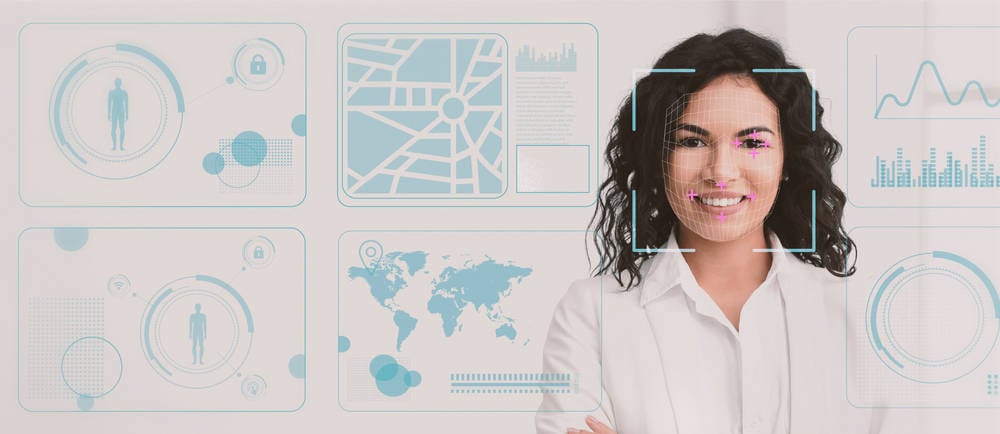

Production AI is highly tuned by training data selection and human feedback. Every model has its own style that many people helped tune. In the open model world there are thousands of different models targeting various styles. Waifu Diffusion and GPT-4chan, for example.



This is more complicated than some corporate infrastructures I’ve worked on, lol.